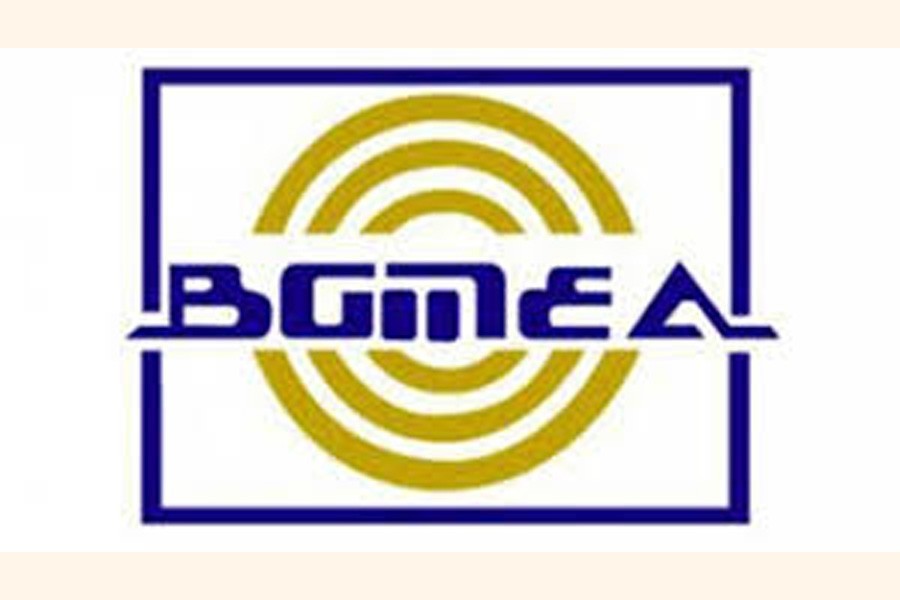The apparel trade group has engaged a global law firm Sidley to set the strategies for retaining the duty-free market access to the European Union (EU) after the country achieves the developing country status.
The Bangladesh Garment Manufacturers and Exporters Association (BGMEA) and Sidley Austin, the 11th largest US-based corporate law firm with about 2,000 lawyers, signed an agreement on December 12 in this connection.
Bangladesh is expected to lose its status as a least-developed country and thereby duty-free and quota-free access to the EU for all products but arms, according to the letter of agreement.
"Sidley lawyers will advise the BGMEA on preparing arguments and strategies for prolonged preferential market access to the EU, with a focus on the ongoing EU General System of Preferences (GSP) reform discussions and Brexit," it said.
Sidley will try to carry out the various elements of scope of work outlined above subject to Sidley's available personnel resources and the extent of cooperation and personnel resources provided by the BGMEA.
When asked, BGMEA president Dr Rubana Huq said the group has signed an agreement with Sidley Austin for receiving its pro bono services under the firm's Trade for Development Initiative, Emerging Enterprises programme.
Sidley lawyers will advise the BGMEA on preparing arguments and strategies as to why Bangladesh needs the extended preferential market access to the EU.
The firm will be assisting BGMEA to develop policy briefs to be submitted to the government so that the perspective of the private sector is clearly communicated with the government counterparts, she noted.
BGMEA and Sidley had their first meeting on Wednesday, which was also attended by the Tariff commission and ERD representatives, Dr Huq said.
It was because to engage government to develop a common view to frame the grounds based on government's extended EBA engagement request.
In April last year, the foreign ministry, in a letter to the European Commission, requested adjustment in EU rules about the GSP facility so that Bangladesh can continue to get the current benefits either under EBA or the GSP plus after its projected graduation from the LDC status and continue to get EBA benefits up to five years after its graduation.
Bangladesh is scheduled to graduate from the LDC status in 2024 and it will get additional three years as a grace period to enjoy the existing trade benefit.
According to BGMEA, local RMG exporters will lose $4.0 billion if the EU trade benefit expires for Bangladesh after its graduation.
The loss would be $3.2 billion if the standard GSP can be availed.
The country's export to the EU has grown by 9.0 per cent in the past 10 years to $17.15 billion.
The significance of the EU market is demonstrated by the rise of its share in Bangladesh's total exports, which has increased to 61 per cent from 58 per cent during the last 10 years.
Exports of locally-made apparels rose to $27.95 billion in FY2019-20, which were $12.49 billion in FY 2009-10, according to the BGMEA.


